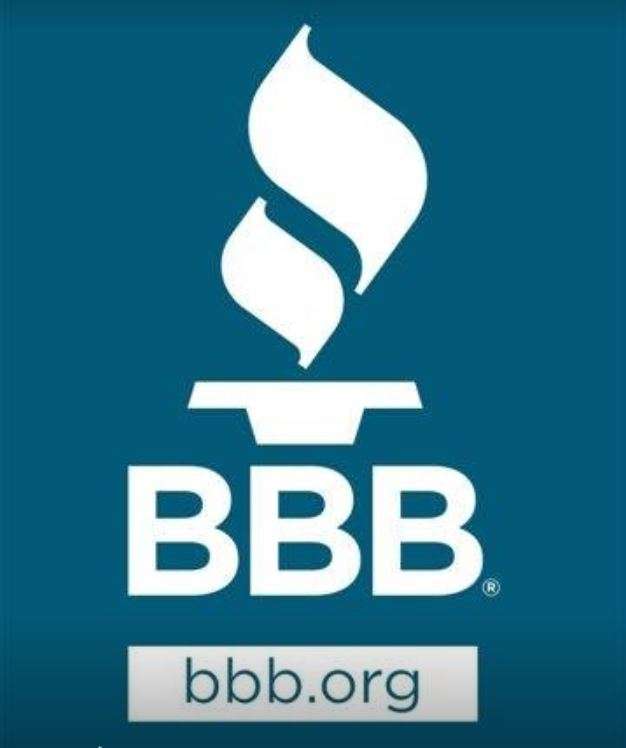
BBB
This year’s housing market is set to be just as competitive as in 2021. Home listings are down 60% compared to before the COVID-19 pandemic. With fewer homes for sale and rumors of rising interest rates, houses are selling faster than ever.
If you are looking to buy a new home, you need to be prepared. Prospective buyers can make their offer more competitive by getting preapproved for financing before even bidding on a house. This lets sellers know that a buyer is serious and provides reassurance that the sale will close without issues.
That means many prospective home buyers are shopping for a mortgage lender before finding the right home. To get the best deal, be sure to compare all the costs and understand how mortgages work. Fortunately, shopping around, comparing prices, and negotiating deals can save you thousands of dollars.
Whether you are buying a home, refinancing your home, or taking out a home equity loan, follow these tips to help make your search for a mortgage lender a success.
How to Shop for a Mortgage Lender
- Know how much you can spend upfront. Before you ask
for information from a lender, it’s a good idea to know how much you
can spend on a loan and the maximum monthly payment you can afford. This
information will be a key part of your negotiations, so review your
budget ahead of time.
- Get to know your loan options. Loan options
include loan terms, interest rate type, and the loan type. The loan
term refers to the length of the loan, which may be 15 or 30 years.
Shorter loans usually have higher monthly payments with lower interest
rates. Interest rate types may be fixed or adjustable. Fixed rate loans
are lower risk but carry higher interest rates. Adjustable rate
mortgages (ARMs) have lower interest rates to start, but the rates can
change over time. Loan types may be conventional or part of a
government program. Understanding the options will help you choose the
best loan for your situation.
- Understand the difference between a broker and a lender. According to ConsumerFinance.gov,
a lender is a bank or other financial institution that loans money
directly to you. A broker acts a middleman, comparing loan options on
your behalf. The Federal Trade Commission
adds, “Whether you are dealing with a lender or a broker may not always
be clear. Some financial institutions operate as both lenders and
brokers. And most brokers’ advertisements do not use the word ‘broker.’
Therefore, be sure to ask whether a broker is involved.” You’ll want to
know, since brokers are usually paid a service fee separate from the
lender’s fees.
- Get information from multiple lenders and brokers before making a decision. Get
as much information from each lender as you can. Keep your options open
to begin with, since different lenders may offer different rates, advises the FTC.
Make sure you ask about interest rates, loan types, annual percentage
rates, points, down payments, mortgage insurance, and all other fees.
This will help you get a clear view of the actual cost of the mortgage.
- Understand whether you should pay points. Your mortgage lender will likely give you the option of paying for discount points. Mortgage points are fees you pay a lender to reduce the interest rate on a mortgage. Typically, one discount point is equally to 1% of the mortgage amount and will reduce your interest rate by .25%. Depending on how long you plan to keep your home and your mortgage, this extra cost may or may not make sense. This calculator will help you figure that out.
- Working with a broker? Make sure they find you the best deal. If
you prefer to hire a broker to do the shopping for you, know that while
brokers have access to several lenders, they aren’t obligated to find
the best deal for you unless they sign a contract to act as your agent.
- Be prepared to negotiate the best deal. Loan
officers and brokers are allowed to keep some or all of the overages
(the difference between the lowest available price and any higher price
you agree to pay) of a loan as extra compensation. This means you may be
able to negotiate a price lower than what they initially offer you. The
best way to negotiate is to have the broker or lender give you a written list
of all of the costs and fees included in the loan. Then, ask if they
will reduce or waive completely one or more of the fees. You can also
show them a competitor’s offer to see if they will give you a better
deal.
- Watch out for scams.
Shopping around for a mortgage lender will help you get a general idea
of how much a loan costs, which will help you spot and avoid any offers
that seem too good to be true. Be wary of unsolicited calls and emails
offering you great rates on a mortgage or “no-cost” loans. Never give in
to high pressure sales tactics. ConsumerFinance.gov warns about a phishing scam
where con artists attempt to divert your closing costs and down payment
by suggesting, right before your loan closes, that you wire the money
into a fraudulent account.
For More Information
See BBB's Home HQ for information on buying, selling, building and where to find help for improving the inside and outside of your home.
Visit the Consumer Finance Protection Bureau’s mortgage page to learn more about how mortgages work. Learn about reverse mortgages by reading the BBB Tip: Understanding Reverse Mortgages.
When shopping for a lender, always look for businesses that follow BBB Accreditation Standards and BBB Standards for Trust.
Search for a reputable mortgage lender near you.






